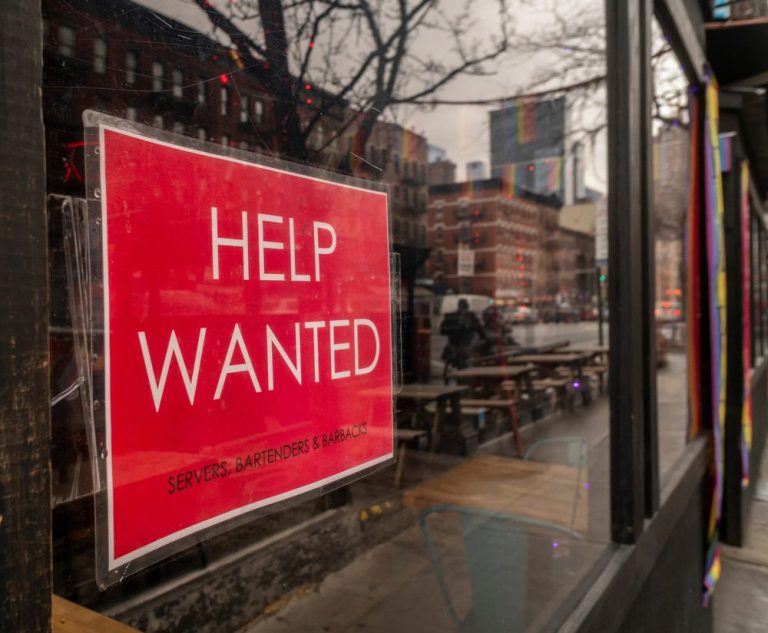Small Businesses Slow Hiring Amid Uncertain Consumer Demand

Main Street businesses are pulling back on hiring.
Preparing, perhaps, for the impact of a pullback in consumer spending that’s already in motion.
The logic follows that if companies don’t have the visibility they’d like into how far and how fast they might grow, they re-think staffing levels and payroll.
To that end, as reported on Tuesday (April 4), the Labor Department reported that job openings nationwide slipped to 9.9 million in February, which would be the first time that tally has dropped below 10 million — we haven’t seen that level in nearly two years, since May of 2021.
The latest reading also represents a notable drop from January’s levels by more than 620,000 positions.
The pressures on hiring were further underscored by data released on Wednesday (April 5) by payroll processing firm ADP, which showed that private sector payrolls were up by 145,000 positions in March, far below the 261,000 gains in February, missing the consensus estimates of a 210,000-role surge.
Too Hot Not to Cool Down
The two reports show the impact of rate hikes by the Federal Reserve, which has been trying to cool down inflation and a torrid job market.
The Labor Department’s report shows a sector-by-sector breakdown, and we can see that consumer-dependent verticals are seeing a deceleration. Job openings in the retail trade sector slipped to 829,000 openings in February, down from 901,000 roles in January. Transportation and warehousing positions saw openings decline to 488,000 positions from 633,000 openings month over month. And within the leisure and hospitality segment — specifically, accommodation and food services — openings in February were 1.3 million, down from January’s 1.4 million open roles.
We note that job openings are still growing and we do not see a net trimming of rosters.
However, companies hire when they have a sense of end-customer demand that necessitates expansion and where top-line growth translates into robust cash flow that will support the additional wages that must be paid.
The February jobs data from the government and the March report from ADP seem to corroborate the sentiment among Main Street companies that we at PYMNTS had uncovered at the end of last year. As we found in our fourth quarter survey of the SMBs that power the U.S. economy, 64% of Main Street firms expected the U.S. economy to enter a recession. As many as 41% said a recession was already in the works. About 20% said that they believed a recession would come in the next six months, putting us into June. Recalibrating hiring plans, then, would seem to be a prudent strategy, as job rolls are among the levers that businesses can throttle back on when it comes time to control costs.
Pricing’s a less effective lever to consider to keep margins intact. PYMNTS data show that by the end of the year, for example, two-thirds of retailers had already hiked prices, trailed only slightly by food and entertainment establishments, at 62%. The pricing may have a negative impact: Separate PYMNTS data show that consumers do not expect inflation to get back to 2021 levels until sometime in the Fall of 2024, which has spurred them to pivot to cheaper merchants.